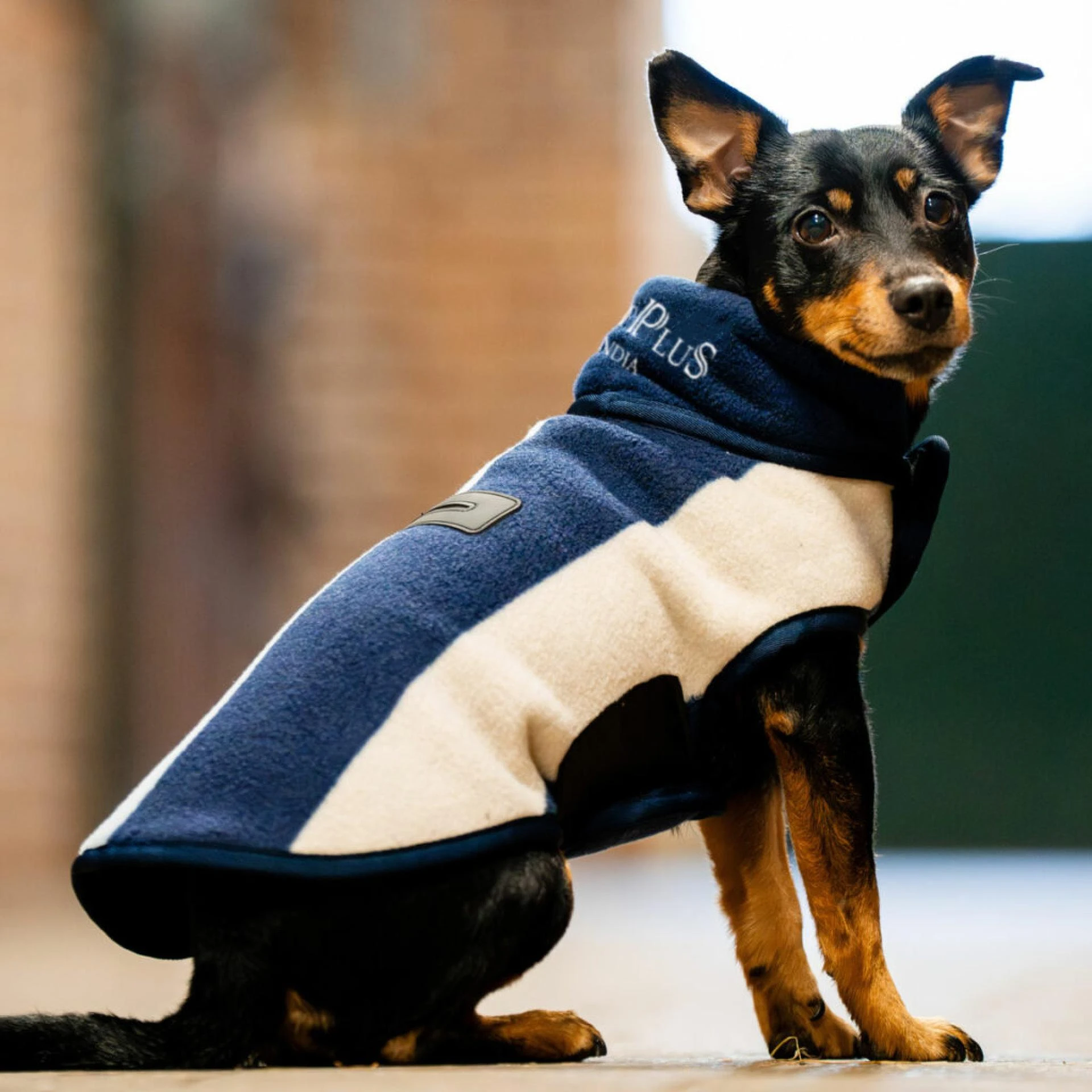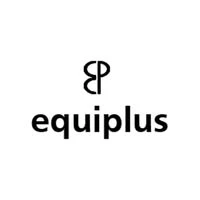The pet care industry has evolved into one of the most dynamic consumer markets. With rising awareness about pet nutrition, accessories, and lifestyle products, entrepreneurs see a powerful opportunity to create differentiated brands. If you have ever wondered how to start a private label pet brand, it begins with aligning passion for pets with business foresight. From product development to brand positioning, every step requires strategy, patience, and a focus on long-term growth.
At Equiplus, we have seen how carefully crafted private label brands can not only capture consumer attention but also build loyalty that outpaces generic offerings. Let’s explore the roadmap for building a thriving pet brand while integrating strategies that ensure both profitability and sustainability.

1. Research the Market and Identify the Niche
The first step toward creating a strong brand presence is market intelligence. The pet industry spans across categories—food, treats, grooming essentials, accessories, toys, health supplements, and more. Instead of trying to capture everything at once, narrowing down to a niche helps your brand stand out.
For instance, eco-friendly pet accessories or grain-free pet foods appeal to highly conscious pet parents. Similarly, functional products like orthopedic beds for senior pets or high-protein treats for active breeds create specific demand.
Research must go beyond product categories. Study consumer buying behavior, emerging trends, and gaps in availability. Analyze competitor strengths and weaknesses to understand where you can position your private label.
2. Partner with Reliable Manufacturers
A private label business thrives on strong supplier relationships. Once you define the product category, the next critical step is identifying reliable manufacturers. Your supplier should ensure consistent product quality, scalability in production, and compliance with safety standards.
When choosing a manufacturer, ask questions such as:
- Do they follow industry certifications and testing protocols?
- Can they customize formulations, packaging, and branding?
- What are the minimum order quantities, and how do they align with your budget?
A brand’s reputation depends on trust. Even the most creative marketing cannot compensate for inconsistent quality. Therefore, building long-term, transparent partnerships with manufacturers is essential for credibility and sustainability.
3. Build a Distinct Brand Identity
A private label pet brand must have a personality that resonates with its target audience. Pet parents are emotionally invested in their purchases, and branding plays a huge role in influencing decisions.
Key elements of identity include:
- Name and Logo: Simple, memorable, and reflective of your values.
- Packaging Design: Attractive, eco-friendly, and informative packaging differentiates you from generic products.
- Messaging: Emphasize values like natural ingredients, cruelty-free processes, or durability depending on your niche.
Storytelling is also powerful. Share why your brand exists—whether it’s to support sustainable pet care or improve pet wellness. A relatable narrative creates a deeper connection with customers.
4. Compliance, Testing, and Certifications
In the pet industry, compliance cannot be overlooked. Depending on your region, regulations may apply to pet food, supplements, or grooming products. Products must meet safety standards before reaching store shelves or online carts.
Examples include:
- Ingredient disclosure for pet foods and treats.
- Non-toxic materials for toys and accessories.
- FDA or equivalent approvals where required.
Certifications like organic, cruelty-free, or eco-friendly labels also elevate consumer trust. Incorporating these elements early helps avoid reputational risks and strengthens credibility.
5. Pricing and Positioning Strategy
How you price your product communicates its value to the consumer. For private label brands, pricing must balance affordability with perceived quality. Undercutting established players might seem attractive, but it often compromises margins.
Instead, evaluate cost structures—production, packaging, logistics, and marketing—to determine sustainable pricing. Consider value-based positioning: emphasize quality, safety, or eco-conscious practices to justify premium pricing.
The right positioning also helps you avoid competing solely on cost, allowing your brand to build long-term loyalty.
6. Distribution Channels and Launch Strategy
The way you launch your brand shapes initial consumer perception. Multi-channel distribution works best for private labels. Consider:
- E-commerce: Direct-to-consumer websites or marketplaces like Amazon allow quick scalability.
- Retail Partnerships: Collaborating with pet stores or supermarkets provides visibility and credibility.
- Subscription Models: Recurring deliveries of food, treats, or grooming products build loyalty.
Start with limited SKUs and expand gradually. This approach reduces risk and allows you to gauge real-time feedback. Ensure your launch strategy incorporates promotions, social media buzz, and influencer collaborations to maximize reach.
7. Digital Marketing and Customer Engagement
A private label pet brand grows faster when it connects with pet parents digitally. Content-driven engagement builds awareness and trust. Some effective strategies include:
- Educational Content: Share insights on pet nutrition, grooming, or training. This positions your brand as an authority.
- Social Media Campaigns: Use platforms like Instagram and TikTok to showcase products with pets, user-generated content, and behind-the-scenes stories.
- Email Marketing: Personalized recommendations, seasonal offers, and loyalty rewards strengthen customer relationships.
Equiplus emphasizes that customer engagement is not one-time—it is continuous. Brands that respond to queries, showcase transparency, and celebrate their community build stronger retention rates.
8. Focus on Sustainability
Sustainability is no longer optional. Eco-conscious consumers expect businesses to minimize their footprint while delivering value. Integrating sustainability into your private label strategy includes:
- Using recyclable or biodegradable packaging.
- Sourcing ethically produced ingredients and materials.
- Partnering with local suppliers to reduce transportation emissions.
- Offering refill programs or encouraging recycling initiatives.
These practices not only strengthen your brand’s reputation but also align with consumer values. Over time, sustainability becomes a differentiator that sets your business apart.
9. Monitor Performance and Adapt
Launching a private label pet brand is only the beginning. Continuous monitoring is essential for growth. Key performance indicators include sales volume, customer acquisition cost, repeat purchase rate, and customer feedback.
Stay agile—consumer preferences in the pet industry evolve rapidly. Whether it’s a new diet trend, an innovative toy material, or subscription-based services, adaptability ensures long-term relevance.
Use data analytics to refine your marketing campaigns, optimize product lines, and streamline operations. Feedback loops—listening to customers and incorporating improvements—help maintain trust and innovation.
10. Scaling the Brand
Once you establish a foundation, scaling becomes the natural next step. Scaling involves more than increasing production; it’s about expanding influence.
Options for growth include:
- Diversifying product categories—expanding from food to toys or accessories.
- Exploring international markets where your niche is in demand.
- Collaborating with veterinarians, trainers, or pet influencers to strengthen credibility.
- Investing in technology-driven personalization, such as customized meal plans for pets.
Scaling responsibly means maintaining product quality and brand ethos while growing your footprint.
Final Thoughts
Learning how to start a private label pet brand involves combining creativity, research, and strong execution. From identifying the right niche to building trust through compliance, sustainability, and customer engagement, every step plays a role in shaping long-term success.
Equiplus believes that the private label journey is as much about passion as it is about strategy. When entrepreneurs blend innovation with responsibility, they not only build profitable brands but also contribute to a healthier and more sustainable pet care ecosystem.
A well-thought-out strategy ensures your brand doesn’t just enter the market—it thrives, adapts, and grows with the changing needs of pet parents.



